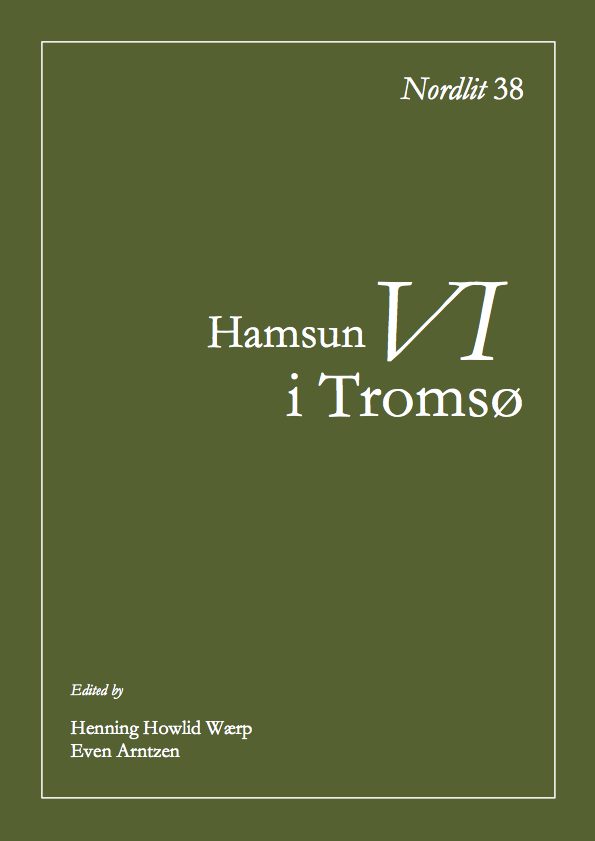Pan, Glahn og Jagtvidenskaben
Fra Æsop til C[h]ora
DOI:
https://doi.org/10.7557/13.3747Keywords:
Sportsjakt, jeger, moderne, poetisk, J. B. Barth, Julia KristevaAbstract
This article asserts that the character of Thomas Glahn in Pan should be understood as a sport hunter. The popularity of sport hunting increased in Norway in the second part of the 19th century, causing a public discussion on the ethics of this kind of hunting compared to hunting for survival. The article hypothesizes that Hamsun knew J. B. Barth's writings about the value of hunting and experiencing nature. In his “Afhandling om den Fornøielse, Menneskene finde i jagten” (1865), published for a second time around 20 years later, Barth defines the ethos of sport hunting, and argues that young men from the bourgeoisie class can gain important values and education from hunting. The article shows how the character of Glahn can be read as an example of Barth's view of the ideal hunter. However, in one important aspect, Glahn does not live up to the expectations that the reader in Hamsun’s time might have had about the ideal hunter. Barth claims that engaging in ethical sport hunting also improves the hunter’s mental health. Glahn obviously does not confirm this claim. The unfulfilled expectations on this matter provoke questions within the reader about Glahn’s mental health and recalls Hamsun’s early interest in the human mind in a modern world.









